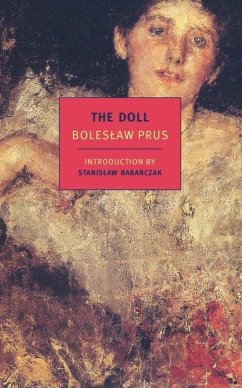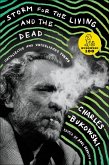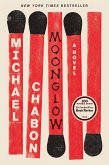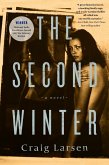Boleslaw Prus is often compared to Chekhov, and Prus's masterpiece might be described as an intimate epic, a beautifully detailed, utterly absorbing exploration of life in late-nineteenth-century Warsaw, which is also a prophetic reckoning with some of the social forces-imperialism, nationalism, anti-Semitism among them-that would soon convulse Europe as never before. But The Doll is above all a brilliant novel of character, dramatizing conflicting ideas through the various convictions, ambitions, confusions, and frustrations of an extensive and varied cast. At the center of the book are three men from three different generations. Prus's fatally flawed hero is Wokulski, a successful businessman who yearns for recognition from Poland's decadent aristocracy and falls desperately in love with the highborn, glacially beautiful Izabela. Wokulski's story is intertwined with those of the incorrigibly romantic old clerk Rzecki, nostalgic for the revolutions of 1848, and of the bright young scientist Ochocki, who dreams of a future full of flying machines and other marvels, making for a book of great scope and richness that is, as Stanislaw Baranczak writes in his introduction, at once "an old-fashioned yet still fascinating love story . . . , a still topical diagnosis of society's ills, and a forceful yet subtle portrayal of a tragically doomed man.
Dieser Download kann aus rechtlichen Gründen nur mit Rechnungsadresse in A, B, BG, CY, CZ, D, DK, EW, E, FIN, F, GR, HR, H, IRL, I, LT, L, LR, M, NL, PL, P, R, S, SLO, SK ausgeliefert werden.
Hinweis: Dieser Artikel kann nur an eine deutsche Lieferadresse ausgeliefert werden.









